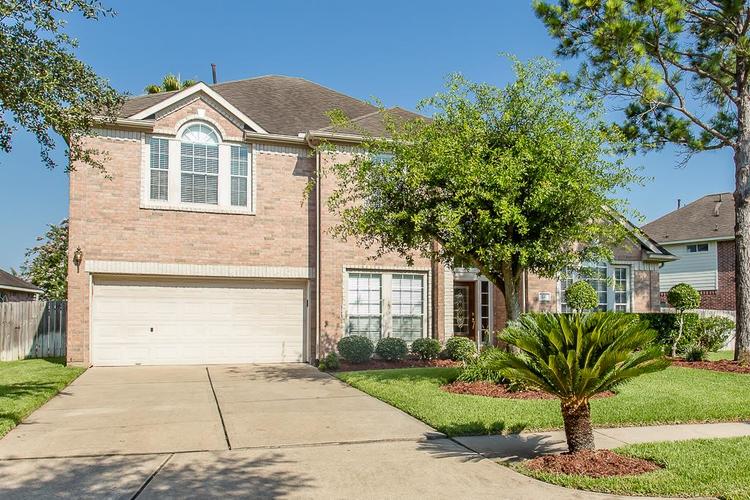How does a Home Insurance Escrow Work?
If you recently purchased a home or just haven’t paid that much attention to your monthly mortgage statement until now, you may be wondering what the escrow line item is on your statement.
Escrow accounts are often required by mortgage lenders to ensure that your property taxes and insurance premiums are paid on a timely basis. Escrow accounts can be complicated and confusing to homeowners so we thought a quick overview of how escrow accounts work with your homeowners insurance might be helpful.

What is an Escrow Account?
An escrow account is simply a type of savings account that holds money, which is being used to pay for items related to your mortgage. In most cases, the escrow account is with your mortgage lender and you will have it until you pay off your mortgage completely.
An escrow account holds money for property taxes and in many cases your homeowners insurance premium. Instead of paying these bills (which can be fairly hefty) on an annual basis, your lender doles out these payments on a monthly basis.
Once you have closed on your house, part of your monthly mortgage payment is allocated to cover an estimated1/12 of your property taxes and insurance costs.
This assures your lender that your property taxes and insurance are be paid on time, which protects their investment (they own your house until the mortgage is paid in full) while also making your life a bit easier.
At the end of the year, if you have put more money into the escrow account then you ended up owing, your lender may issue a refund to you.
Insurance and Escrow
Homeowners insurance is not required by law but your mortgage company always requires it. If you have a mortgage on your home you will have to carry homeowners insurance.
While property taxes are almost always paid out of an escrow account, paying your insurance premium out of escrow is not an absolute necessity but it often makes budgeting a bit easier. In most cases, your mortgage lender will set up an escrow account with your insurance payments included.
Linking your insurance premiums to your escrow account makes it easy to set aside the funds required while also making sure that you insurance premium is paid on time every month.
While most insurance companies offer a 30-day grace period on late payments, if you miss more than one your coverage may lapse, leaving you unprotected.
In addition to making your budgeting easier, having your insurance billed paid via escrow gives your mortgage lender peace of mind that your home is continually protected by insurance.
Can I Avoid Escrow?
It is possible to pay your own property taxes and homeowners insurance premiums. This is especially true if your loan to value ratio is already below 80 percent. Your lender may raise your interest rate if you opt out of escrow as a means to limit their risk.
If you wish to opt out of an escrow account it is best to do so before the loan is finalized. Once an escrow account is established it is very difficult to opt out. The majority of loans are sold and most lending agreements do not provide for cancelling your escrow account, and the new owner of the loan will most likely want to keep it in place.
Things to Consider
If you are considering moving your insurance premium out of escrow there are a few things to consider:
Financial Responsibility: If you responsible when it comes to your finances and are positive that you will always be able to save the funds you need to cover your property taxes and homeowners insurance than you may be a good candidate for dumping an escrow account.
On the other hand, if you are often late with your bills, spend more than you earn and have a less than stellar credit rating, you should probably keep your escrow intact.
Payment Schedules: If you like paying your bills annually in one lump sum than going without an escrow account may make sense.
However, it is important to remember that a years worth of property taxes and insurance premiums can add up to a tidy sum so if you have any concerns about your ability to save up the entire amount staying with an escrow account is the best bet.
You May Pay a Higher Rate: An escrow account keeps your mortgage company in the loop when it comes to your insurance premium and property taxes. They will immediately know if you miss a mortgage payment but if you are paying your property taxes and insurance premium on your own they may be unaware until they are notified that your insurance policy has been cancelled due to non-payment.
In order to assume this risk they may make you pay a higher interest rate. In most cases, paying a higher interest rate to avoid an escrow account doesn’t make financial sense.
For a quote, please go to https://www.gorockland.com/hom...


Discussion
There are no comments yet.